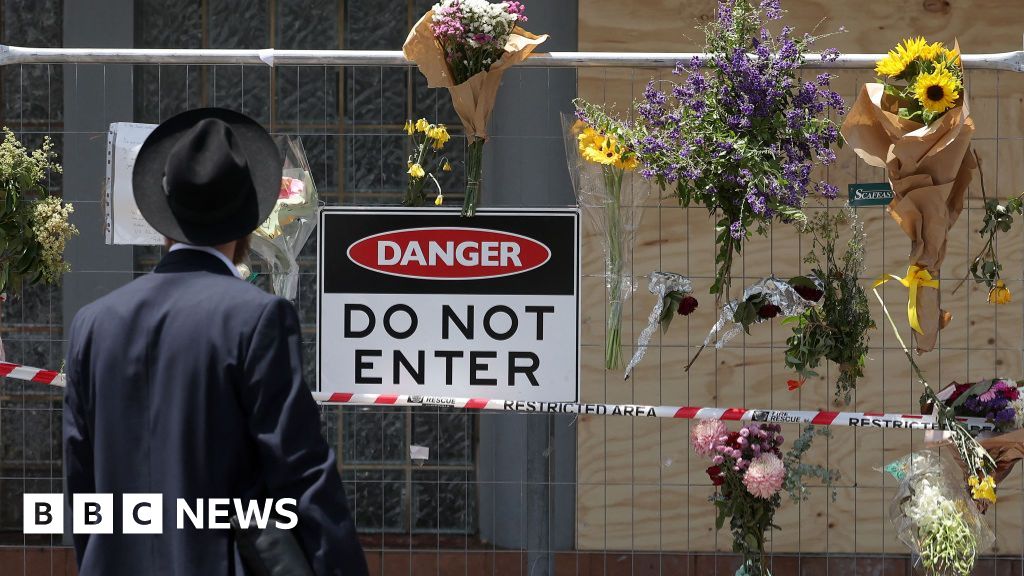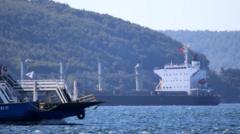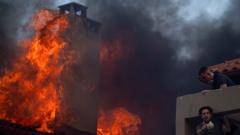The Kurdistan Workers’ Party, or P.K.K., made headlines on Monday with a historic announcement that it would disband and cease armed operations against the Turkish state. This pivotal decision follows months of pressure from the group’s imprisoned leader, Abdullah Ocalan, who urged members to disarm.
The P.K.K. emerged as a separatist movement in the early 1980s, seeking independence for the Kurdish population in Turkey, which constitutes around 15% of the country's demographic. In recent years, however, their agenda has shifted to focus on demanding enhanced rights for Kurds within Turkey’s borders.
Since its inception, the P.K.K. has been at the center of a violent conflict that has claimed over 40,000 lives. This tragic death toll is a result of violent confrontations between P.K.K. militants targeting military and civilian sites, along with extensive operations launched by the Turkish military against the organization and the communities that supported it. The P.K.K. is classified as a terrorist organization by Turkey, the United States, and numerous other nations.
This transformation could significantly impact Turkish political dynamics and have implications for Kurdish communities in neighboring countries, potentially altering their activist paths in the decades-long struggle for rights and recognition.
As the P.K.K. embarks on a new chapter, questions loom over the future of Kurdish rights in Turkey and the stability of the region. The call from Ocalan for peace could set the stage for an unprecedented dialogue on Kurdish issues in Turkey.




















